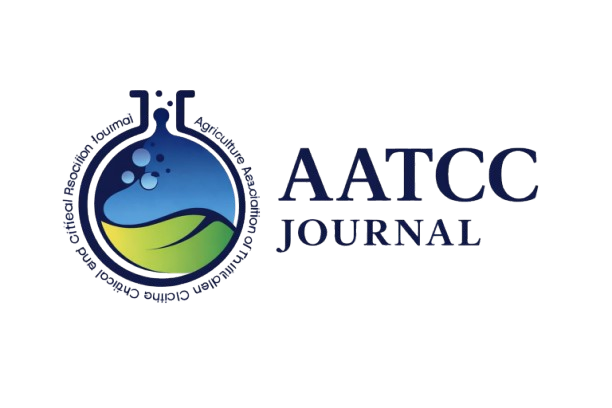Abstract
The present study examines the association between students' time management strategies
and their academic achievement, focusing on the roles of socioeconomic status, gender,
location, and education. A sample of seventy students, the research explores goal setting, task
prioritization, planner use, and distraction management. Correlation and regression analyses
were used to understand the impact of demographic characteristics on time management and
academic performance. The study's challenges include a gender imbalance in study time,
affecting the findings' generalizability. Results indicate that 47.1% of students prioritize
tasks, 35.7% set goals and deadlines, and 31.4% use planners. Gender significantly influences
handling distractions (r = -0.411, p < 0.01) and study techniques (r = -0.429, p < 0.01), with
female students showing better practices. Socioeconomic status negatively correlates with
handling distractions (r = -0.337, p < 0.01), and education level positively correlates with
study techniques (r = 0.233, p < 0.05). Regression analysis identifies gender (β = -0.434, p <
0.01) and education (β = 0.220, p < 0.05) as significant predictors of effective study
techniques. Additionally, 75.7% of students are averagely satisfied with their time
management, and 21.4% are very satisfied.
